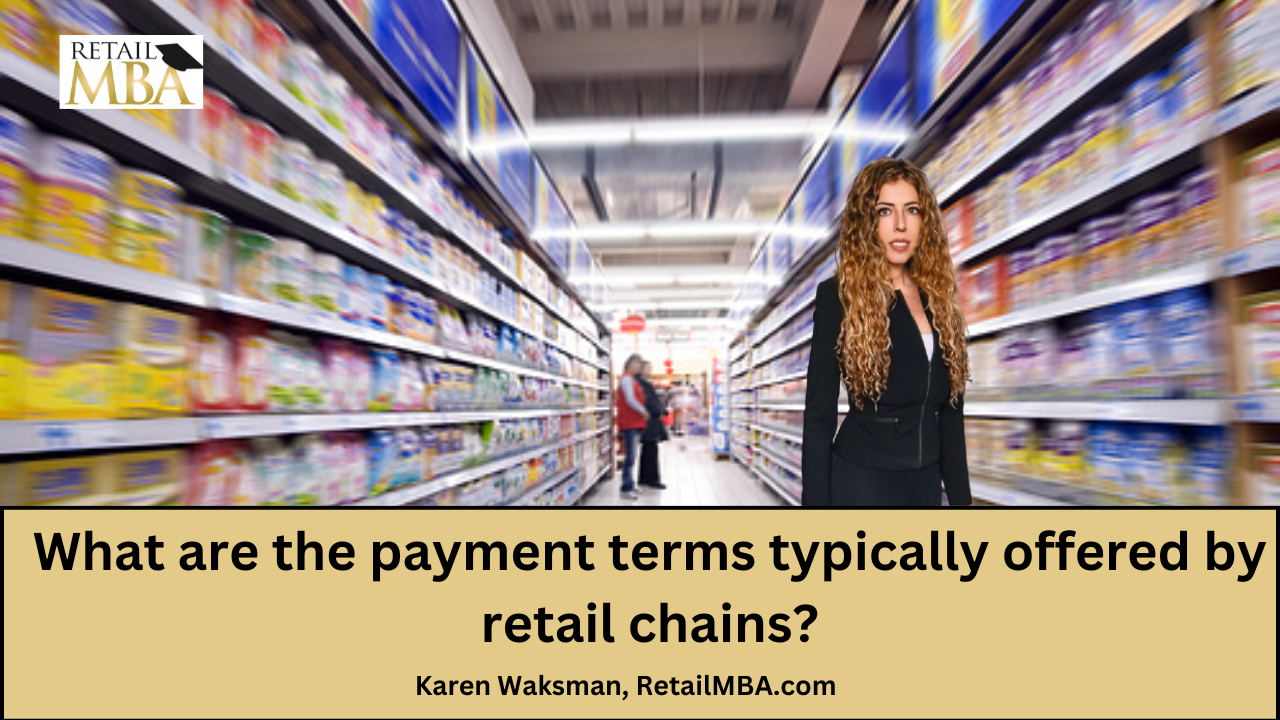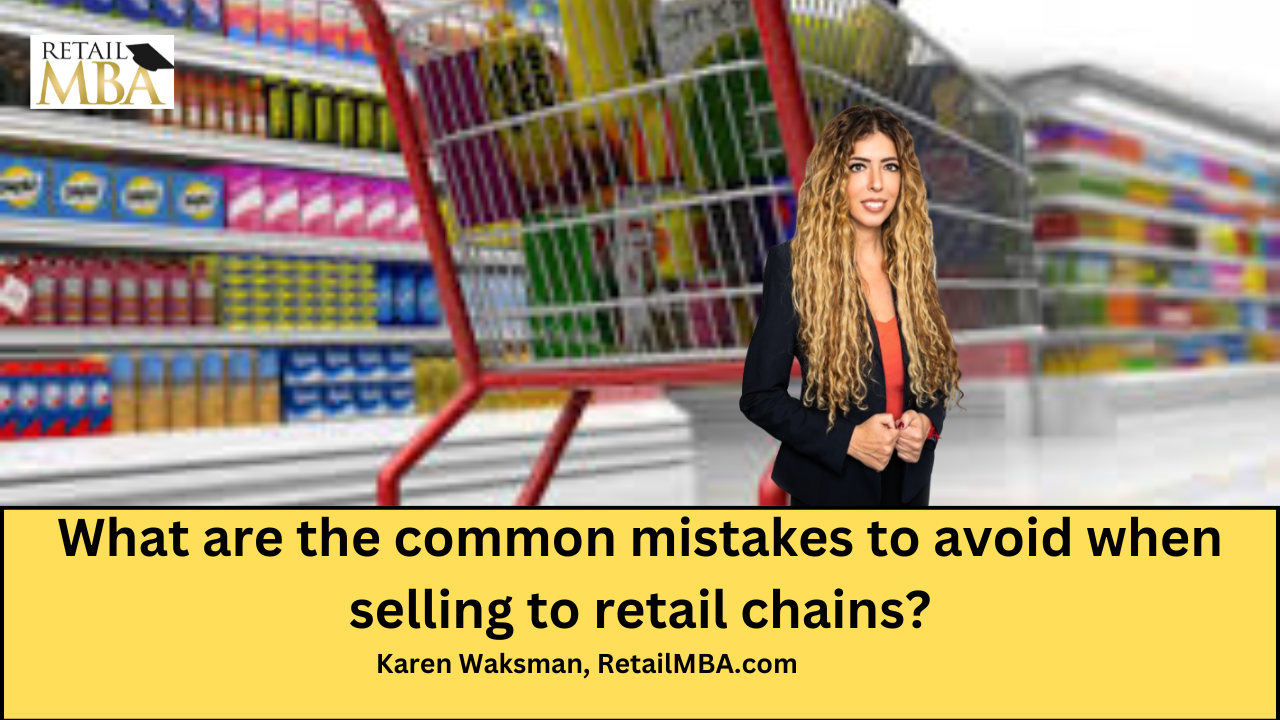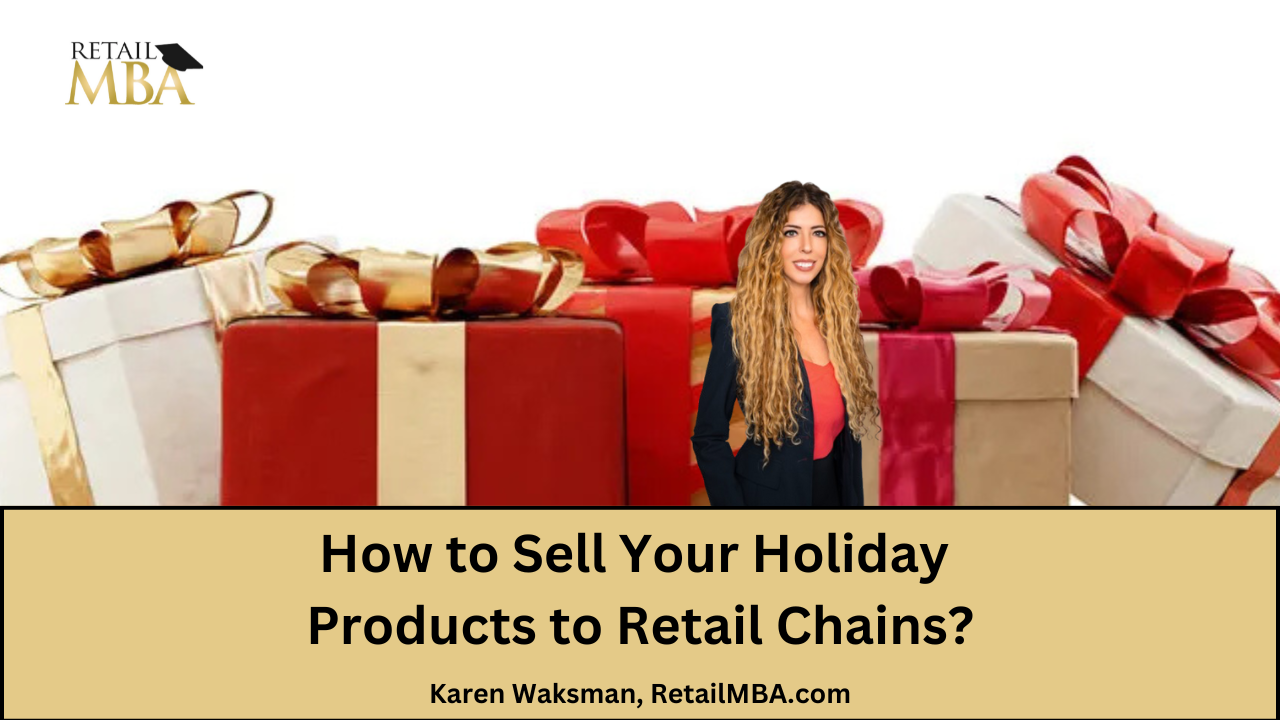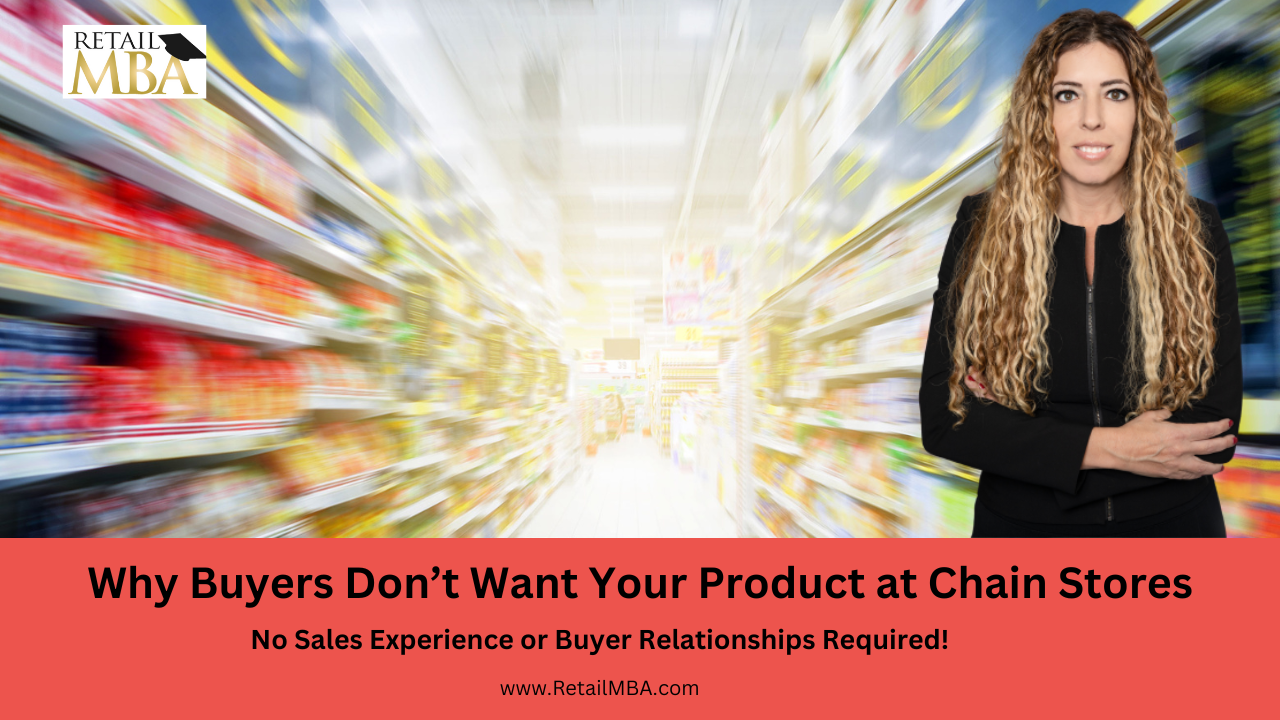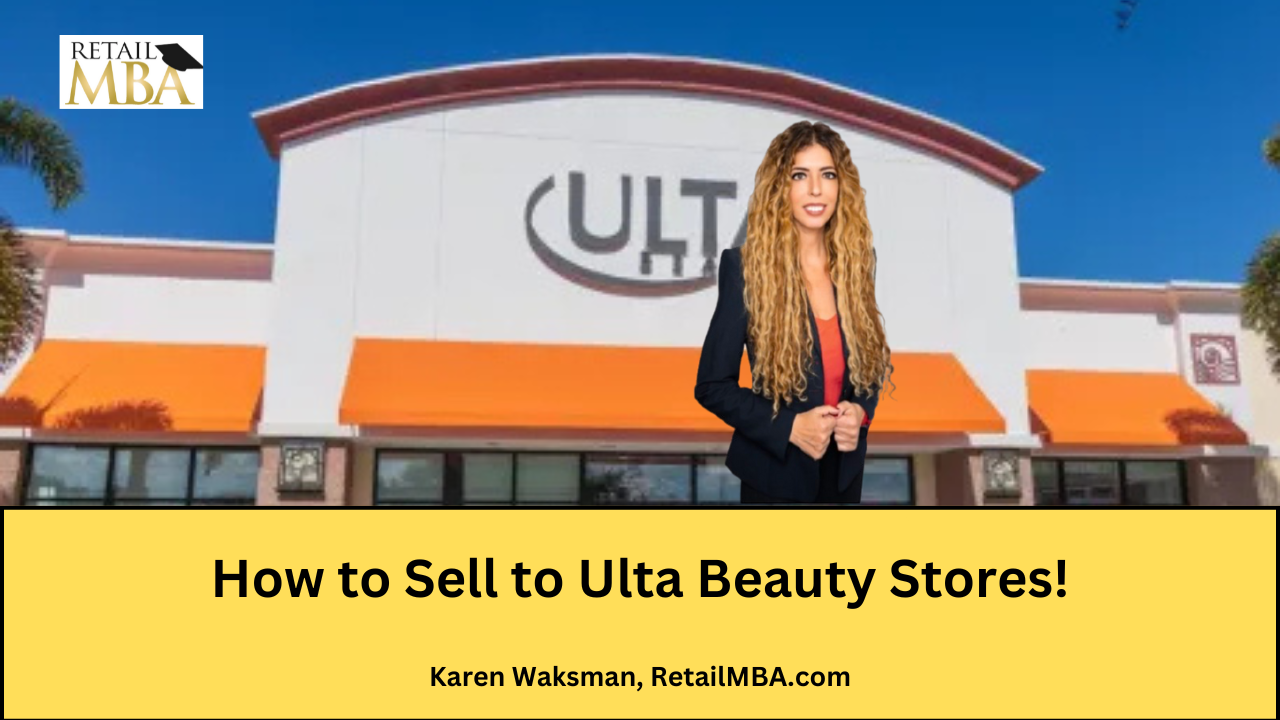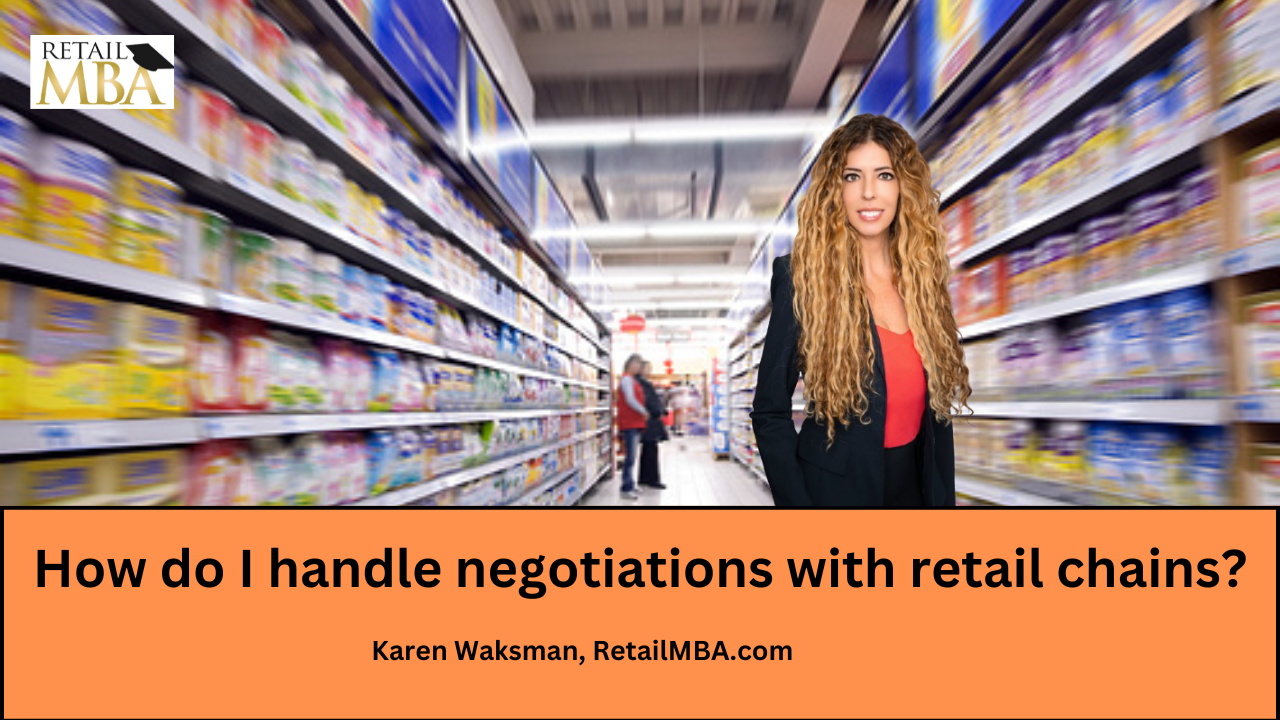Retail Trade And Wholesale Trade
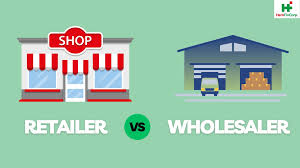
What is the Difference Between Retail Trade and Wholesale Trade?
Archive information can be utilized for reference, research or recordkeeping purposes.
Wholesale trade is an essential service to businesses looking to reduce material expenses and increase revenue streams. By offering materials at lower costs than their retail equivalents, wholesalers help organizations minimize expenditure while simultaneously increasing revenue streams.
Jobs in wholesale trading tend to emphasize sales and service occupations, though management positions can also be found here.
What is wholesale?
Wholesale is the practice of purchasing products at reduced costs in bulk to resell to individual consumers and businesses at retail. Wholesale should be understood if you plan on starting your own retail business or expanding one you already have; otherwise it could hinder progress and hamper growth.
There are various forms of wholesale distribution, such as merchant, brokers and manufacturer-to-wholesale. Merchant wholesalers purchase large volumes from manufacturers before selling them at a profit to retailers at retail locations; brokers act as intermediaries between wholesalers and retailers and typically earn their money through sales commission. Manufacturer-to-wholesale sales occur when manufacturers directly sell to wholesalers rather than to retailers.
Wholesalers provide retailers with many of the products they sell in their stores at lower costs than selling retail; wholesalers are also more flexible when negotiating pricing terms with suppliers, saving retailers even more money in terms of supply costs.
When selecting a wholesale supplier, it’s essential to carefully evaluate their reputation and product quality. You can do your research online directories or forums; typically the ideal supplier will have excellent customer service records with competitive prices.
Take note of the fact that not all wholesalers offer identical services or products; some specialize in certain industries while others have more diverse selections – for instance a clothing wholesaler might only sell high-end brands while another might specialize in kitchen supplies. You should ensure the wholesaler chosen can meet the needs of your business by providing enough inventory and timely deliveries of these goods.
Once you’ve found the wholesaler that meets your needs, it is vitally important that you develop a close partnership. Doing so will ensure you receive competitive prices and your orders are processed quickly and accurately while helping prevent delays or stock shortages in the future. In order to establish such an alliance successfully, communication must be clear and negotiations managed effectively if you wish for successful outcomes.
What is retail?
Retail is the final stage of product distribution where small amounts of goods or services are sold directly to consumers for personal use. This may take place through physical stores, eCommerce platforms, mobile apps and word-of-mouth; retailers serve an integral role in product distribution as they purchase wholesalers’ and manufacturers’ products before selling them directly to end users for profit.
Retail businesses range from department stores and bookstores to grocery outlets and fast food franchises, all featuring an assortment of merchandise available for purchase at reasonable costs while adhering to customer service principles. Retailers share certain characteristics in common, such as prioritizing customer service while keeping inventory costs under control.
The wholesale trade sector encompasses businesses that purchase bulk quantities of materials or products before selling them at higher prices to individual customers in smaller amounts at a later date. Products sold here range from raw materials to consumer electronics; thus making this sector essential to our economy as it provides jobs in diverse fields from manufacturing and transportation to insurance and warehousing.
In 2014, Canada’s wholesale trade sector consisted of three main components – machinery and equipment, food and beverage and motor vehicle and parts – employing some 775,000 people or 5.0% of the country’s workforce.
Wholesale traders play a vital role in our economy by acting as intermediaries between manufacturers and retailers. By purchasing in bulk and selling at premium, wholesale traders can make significant profits while still providing consumers with goods they need. Are You Selling Products Wholesale, or Starting Your Own Retail Business? Understanding the differences between wholesale and retail can help both manufacturers seeking to sell products wholesalers as well as individuals looking to start their own retail businesses gain insight into how these industries work as well as your options for success. Please note this archived information may no longer be current due to Government of Canada Web Standards compliance; but is still available for reference or record keeping purposes.
How do they differ?
Wholesale trade entails selling goods in large quantities to retailers and other businesses for resale. The items may consist of raw materials or finished products; wholesalers’ main objective is purchasing directly from manufacturers in bulk and then breaking it up into smaller lots for reselling – as opposed to retail trade, which involves direct sale to consumers.
Wholesalers do not need to consider customer needs and concerns when pricing products, while retailers must. A retailer will purchase it from a wholesaler before selling it on at a higher price to consumers – taking into account any shipping or handling fees and taking into account customer experience and quality standards when pricing it accordingly.
Wholesalers don’t incur marketing expenses when selling directly to their customers, saving on advertising costs while passing those savings along to customers. Of course, this shouldn’t detract from providing excellent service as this will only foster long-term relationships between wholesalers and their clients.
Retailers, on the other hand, must price their products competitively with wholesalers while still making a profit – otherwise they risk losing business to other stores. In addition, retailers must also consider shipping costs and any expenses that they must bear when selling their products.
Retailers require enough storage space to hold onto the large quantities of goods purchased from wholesalers, since these items will need to be stored for extended periods before being sold to their customers. Furthermore, when choosing what stock items to keep on hand for different seasons and customer feedback.
Retail industry accounts for trillions of dollars in the U.S. and provides millions of jobs directly and indirectly, contributing significantly to our country’s gross domestic product (GDP).
What is the difference between the two?
Retail and wholesale are two distinct markets. Retailers sell directly to consumers while wholesalers provide goods to merchants that then resell to end users. Retail traders typically showcase their goods on store shelves and complete transactions directly with customers while wholesale traders tend to close sales over the phone, during a sales visit, or online.
Wholesalers typically buy goods in large volumes from manufacturers and then resell them in smaller quantities to retailers in order to meet consumer demand, reduce inventory costs and possibly offer variety in selection of goods at reduced costs. Furthermore, wholesalers tend to offer reduced pricing than manufacturers due to buying in bulk which enables them to pass savings onto retail customers.
Wholesalers offer additional services to retailers, including repackaging and labeling goods for reduced shipping costs and increased profits. Wholesale trade is an integral component of the economy that employs millions of people nationwide; wholesalers provide invaluable insight into consumer trends by serving as indicators of what people are purchasing.
Maintaining an awareness of current developments in the wholesale industry is vital to making strides toward success in this industry. One effective way of staying informed about these updates is following a news blog such as Khatabook which features updates on topics like supplier discounts, retail trends and new business models.
Understanding the difference between wholesale and retail can be invaluable for businesses aiming to improve their sourcing and distribution channels. By learning about various forms of wholesale, businesses can better serve their customers while assuring they’re receiving competitive pricing for goods they buy from them. By following a wholesale news blog, companies can stay abreast of recent industry developments while making sure their profit margins are being maximized; an invaluable advantage when competing against other retailers or wholesalers for business.
Step-by-step training on how to sell to retail chains!
We explain exactly how to do that and how to get started today. I’ve taught over 100,000 of companies over the years across the globe on how to get your products to the stores. And so we’re here to support you. Or please subscribe to our Youtube channel and or be on the lookout for additional training that we create.
We are here to expedite the process of generating revenue with your physical products and that’s what we’re all about. Take a look at our advanced training, live events, certification programs and so much more.
In this training, I will discuss some of the things to think about when approaching a retailer to sell your products and become a vendor. Hope it helps! 🙂
Karen Waksman,
Retail MBA
Questions? Contact Us!
1-855-Retail-2 (Call or Text)
Email: info@retailmba.com
Retail MBA provides a step-by-step formula on How to Sell to Major Retailers, Online Retailers, Smaller Retailers, Catalogs and More. No Experience Required! These solutions continue to convert for clients year-over-year! These are Time-Tested and Proven Strategies that we utilize ourselves when going after stores! Everything we teach, we test. Want access to these formulas? ANY one of our programs and coaching systems gives you access to them now. With that said…
Here are 5 Easy Ways to Work with Us:
1) Free Training – If You Would Like to Join Our Next FREE Webinar Training Called “Retail Chain Store Secrets – How to Sell to Major Retail Chains. No Experience Required” Then Sign Up NOW To Learn All About Selling into Retail Chains By Clicking Here!
2) Retail MBA Year Long Coaching and Training System – Our Year Long Coaching and Training System with Karen Waksman is POWERFUL! This is our most popular training and coaching system! We walk you through how to approach, pitch and sell to retail chains and we coach you along the way! Join us by Clicking Here!
3) Masterclass Intensives – Want to Join our Next 4 Week Elite Retail MBA Masterclass Intensive? These Intensives Are EPIC for people who Love Fast Paced Learning – Homework, Retail Coaching, Developing Your Strategy, Buyers Contacts and More! These Events Are Held Every Quarter. Join us by Clicking Here!
4) Done-for-You Program – If You Want Karen Waksman and Her Team to Reach Out to Your Top Dream Retail Chains On Your Behalf – And You Have a Retail-Ready Product, Check Out our Epic Done-For-You Service by Clicking Here!
5) In Person Events – If You Want to Learn LIVE and Meet Karen Waksman in Person at Our Next “America’s Next Retail Product: LIVE Event with Other Like-Minded Individuals in Beautiful San Diego, CA! We Would LOVE to Have You Join Us by Clicking Here!
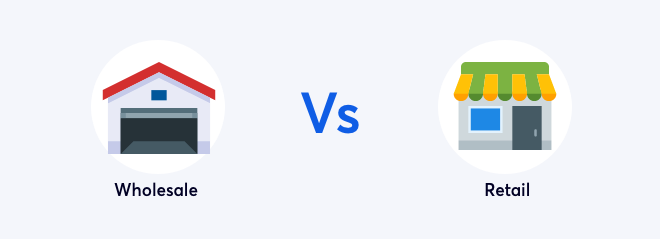
Check Out Our Additional Blog Posts Here:
Retail Terms
Retail Terms – What are the payment terms typically offered by retail chains? Click Here to Learn More!
Retail Vendor
Retail Vendor – What are the common mistakes to avoid when selling to retail chains? Click Here to Learn More!
How to Sell Your Holiday Products to Retail Chains
New Training on How to Sell Your Holiday Products to Retail Chains
Ulta Beauty Vendor
Ulta Beauty Vendor – How to Sell to Ulta Beauty Stores. Click Here to Learn More!
Retail Strategy
Retail Strategy – How do I handle negotiations with retail chains? Click Here to Learn More!


